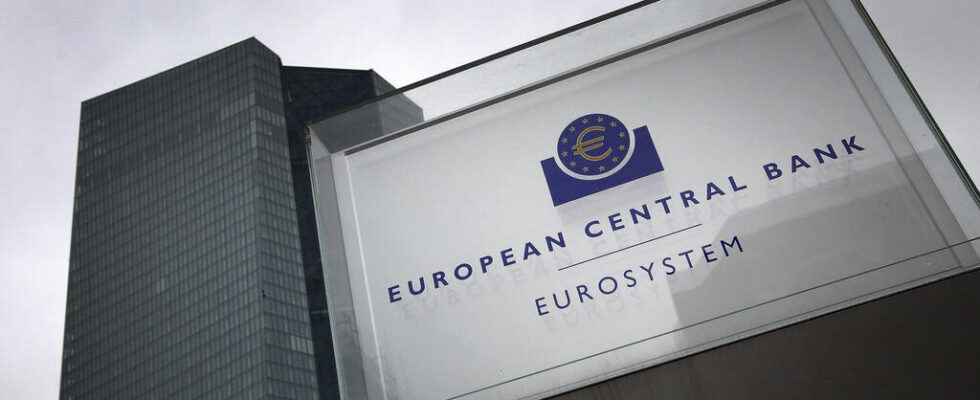It’s the end of negative interest rates in Europe. The European Central Bank ends up joining the pack of other central banks, such as the US Fed, and raises its three key rates by 0.5% for the first time since 2011. Other increases could follow. The institution is clearly more aggressive than expected.
This increase of half a point decided by the ECB is, of course, higher than expected, but not too much. The ECB wants to counter inflation, without endangering growth, which is still fragile.
Taken in a complex trade-off between rising prices and fears for growth, the Frankfurt institution chose boldness: it raised its three key rates by 50 basis points after having prepared people’s minds for an increase of only 25 points. The main interest rate thus goes from zero, the level where it has been camped since 2016, to 0.50%, while that taxing part of the bank liquidities not distributed in credit, goes up from -0.50% to zero.
It’s hard to say if this will be enough.. Euro guardians say they have taken other steps to ensure inflation returns to its 2% target. They also agree to the possibility of adjusting the course at future meetings.
Record inflation in the eurozone
This tightening of monetary policy had already begun in July with the halt to new debt purchases on the markets. The objective is to reduce the money supply in circulation and curb inflation which broke a new record in the euro zone last month, at 8.6% over one year.
Another danger weakens the euro zone. The differences between the rates of different countries are too large and subject to speculative attacks. Markets have their sights set on Italy, where a period of political instability is beginning. To ward off the specter of a new sovereign debt crisis, the European Central Bank announced on Thursday a new instrument to protect the most fragile states against speculative attacks. The ECB is adding the transmission protection instrument, the TPI, to its toolbox. A new weapon that can be activated to counter these attacks.
► To read also: The Fed and the ECB to maneuver against inflation
This new instrument will, in fact, allow the Frankfurt institution to buy bonds when it sees signs of financial fragmentation, that is to say an unjustified and disorderly divergence in the cost of borrowing between the ten- nine euro area countries. The extent of these purchases will depend on the seriousness of the situation.
(With AFP)
